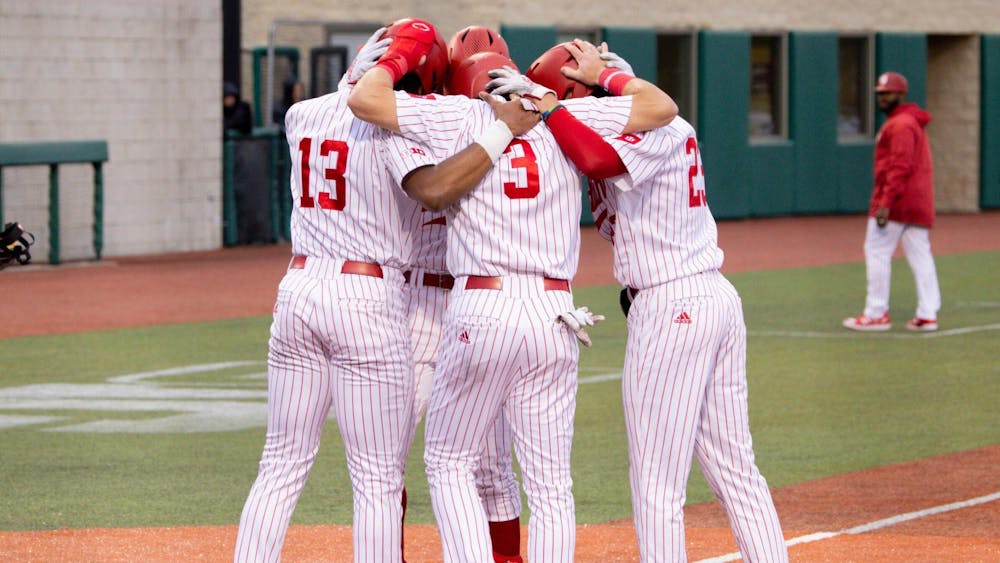With about 30 scientists working on stem cell research at IU-Purdue University at Indianapolis, University faculty expressed concern over President Bush's recent veto blocking a bill Congress passed to extend research funding on embryonic stem cells. \nEric Meslin, director of IU Center for Bioethics, said the veto is troubling because it will take away material from scientists on the brink of discoveries that could save millions of lives. However, he said, IU's research will not be directly affected too much, as the University focuses on research involving adult stem cells. \nWhile it seems on the surface the bill would be detrimental to research in the field, he said a lot of research won't be affected as it applies only to embryonic cells and many states are stepping in to provide the funding as recent polls have shown the majority of Americans agree with the research. \n"Adult cells have a great purpose, but it's best to have as many resources as possible," Meslin said in reference to how the loss of embryonic cells will still hurt the scientific community in some ways. \nBush appears to be on the minority opinion for this topic, even forcing some Republicans to break party lines to support the research. Meslin said 70 percent of the Americans support embryonic cell usage and Republicans such as Senate Majority Leader Bill Frist and California Governor Arnold Schwarzenegger have voiced their opposition to Bush's veto.\nMeslin said it's hard to predict what impact there will be in the scientific community, as he said federal funding can be a 'gate keeper.' But he said if funding is not coming in from federal sources, scientists can still use embryonic cells through state funding or other methods. \nResearch will continue in many states like California, as they strongly push for more funding. But the National Institute of Health's Web site states federal funding is integral to furthering the important research. \n"Because many academic researchers rely on federal funds to support their laboratories, they are just beginning to learn how to grow and use the cells," the NIH states, according to the Web site.\nSince IU is a public university, it follows all federal laws, including Bush's policy. But if a scientist chose to leave the University they could go to a different state or country where that research is allowed. However, Meslin said he doesn't foresee researchers leaving IU because of the veto.\n"Where we, IU, stand is exactly where we stood when Bush created the policy in 2001," he said.\nBush's 2001 policy allowed only research on embryonic stem cells from frozen embryos that would have been discarded from fertility clinics, which will continue to occur according to USA Today.\nMeslin said the veto may not have staying power, stating how close the Senate was to having a two-thirds majority -- allowing for the body to override the president's veto. He said this is something that may happen with democrats predicted to take over several seats in the mid-term elections quickly approaching.\n"The bill was passed by Senate 63-37," he said. "Just four more votes, if 67-33, it would have been veto-proof. That's where politics and science make very interesting bedfellows."\nStates, including Indiana, are already making sure that research continues by working to support stem cell science through indirect contributions, according to the New York Times. \nMeslin said the University will actively engage in adult stem cell research and is looking to make the program exceed even further, as he added Indiana has a need for it. \n"It does not settle the issue in this country," he said. "It settled it for the moment. As science moves forward there will be a need to make stem cells more available"
Scientists concerned over Bush stem cell veto
Get stories like this in your inbox
Subscribe





